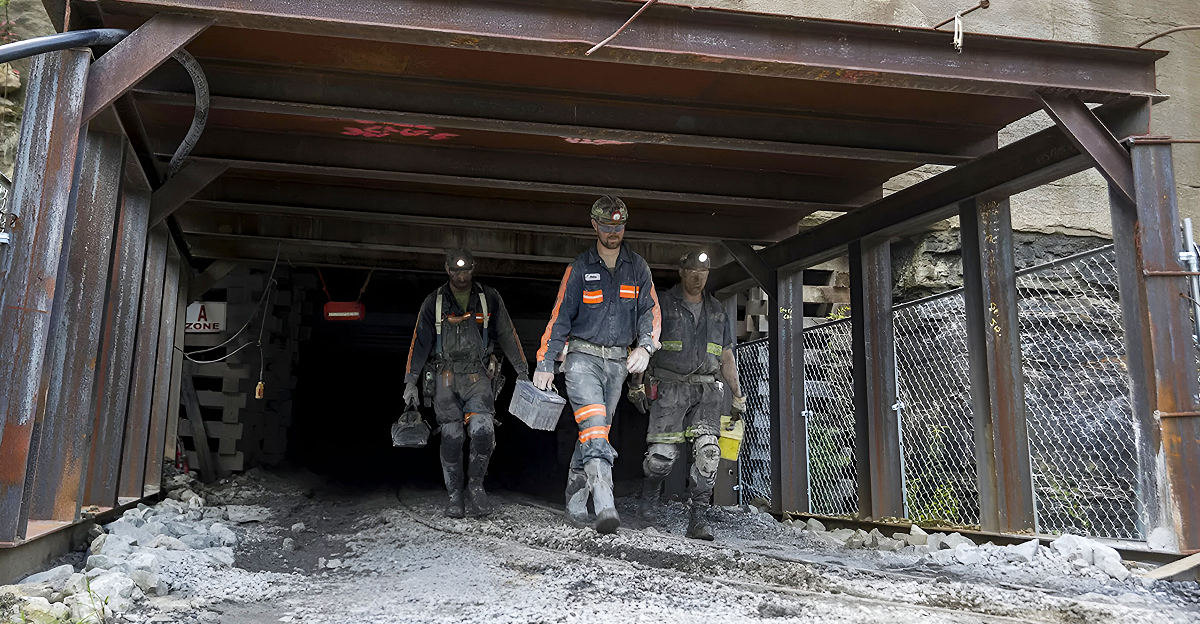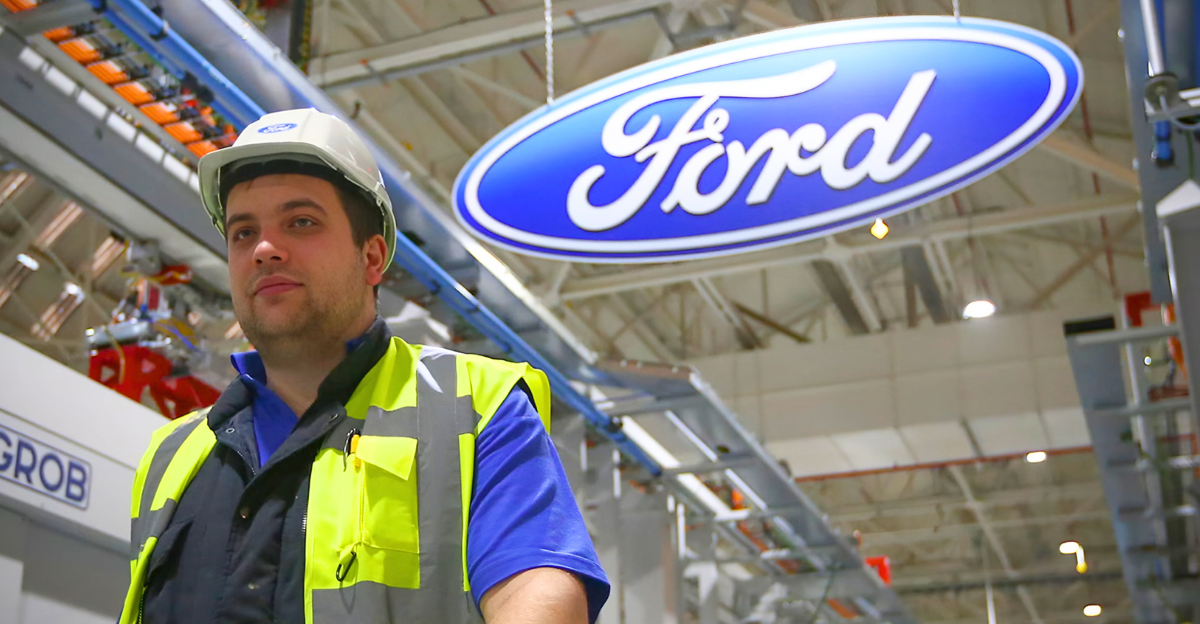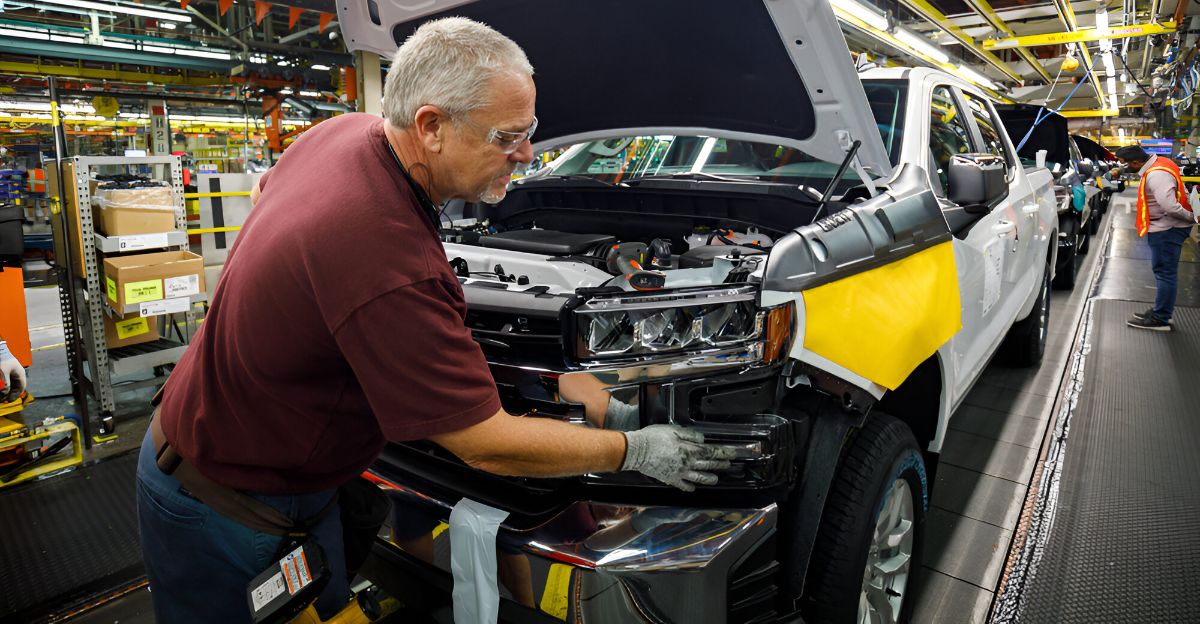
America’s auto industry is under pressure as tariffs have now driven a major auto parts supplier into bankruptcy. However, there is more to this story than the numbers on a balance sheet; this situation affects workers, communities, local economies, and the future of car manufacturing in the U.S.
The impact is spreading, with factories and dealerships nationwide already feeling the strain. “This is a wake-up call for anyone connected to the auto industry,” one industry expert said. Let’s take a closer look at what has happened, why it matters, and what it could mean for American workers and drivers.
The Pressure From New Tariffs
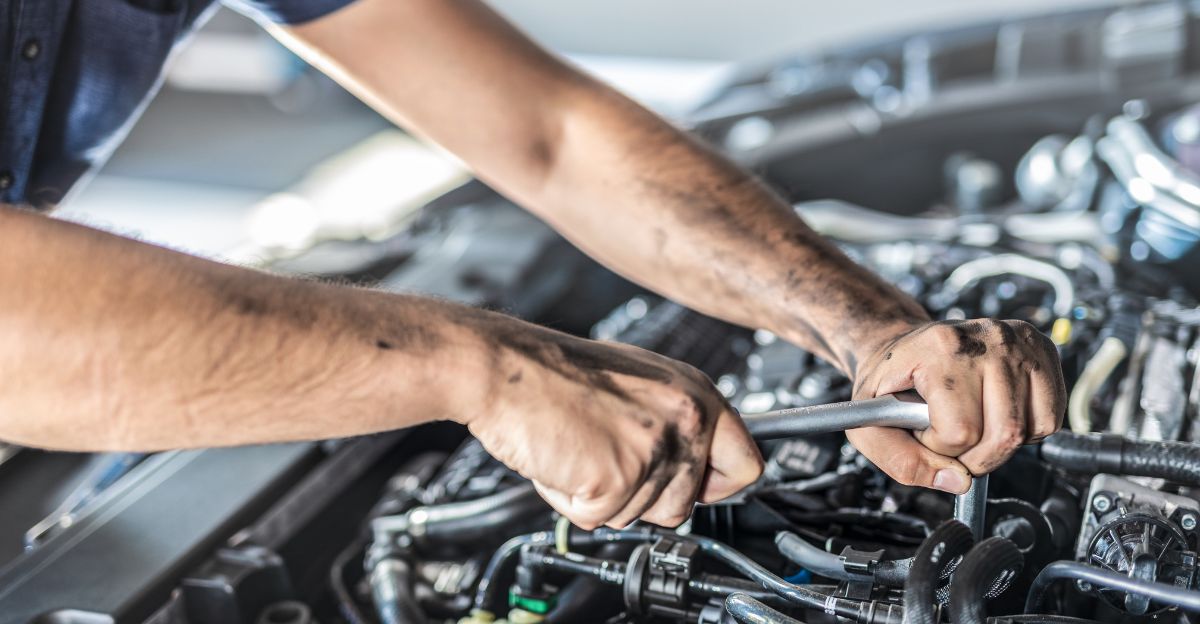
Marelli, one of the biggest auto parts suppliers in America, has recently filed for bankruptcy, sending shockwaves through the automotive world. The company’s situation is more than just a small financial setback; it shows that the pressures from new tariffs are real and devastating.
“We simply couldn’t absorb the increased costs any longer,” a spokesperson from Marelli has revealed. With factories sitting idle and suppliers preparing for what’s to come, many people are wondering if the same might happen to other big companies. The auto industry has long been viewed as resilient but is now facing deep uncertainty and change.
Jobs Are At Risk
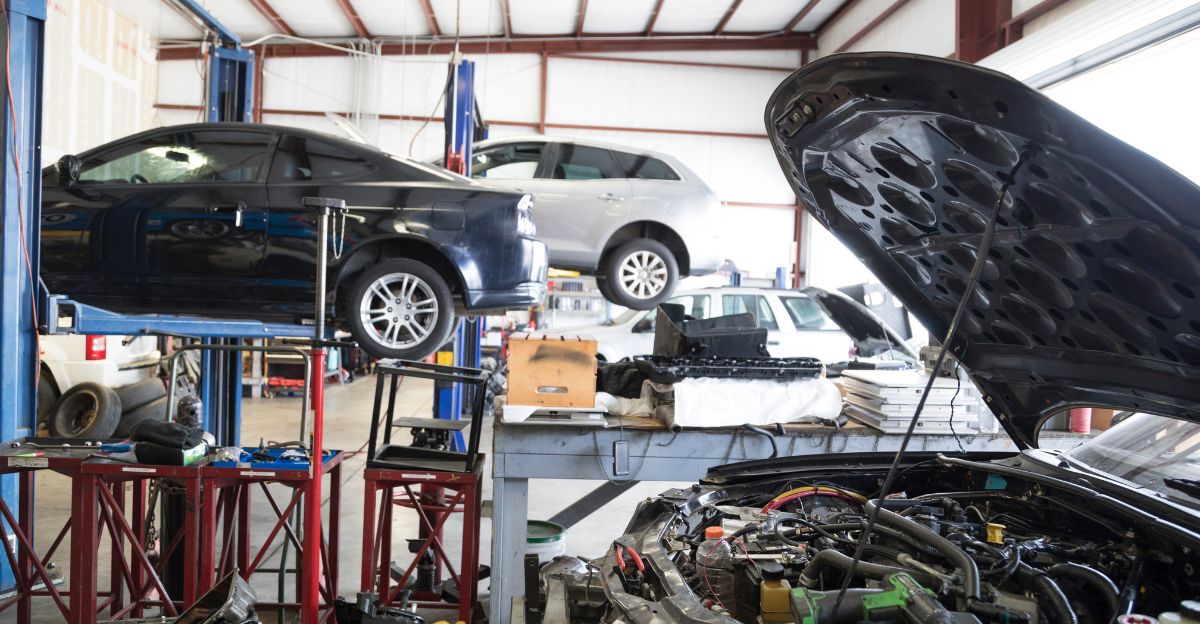
When a massive company like Marelli stumbles, the impact can usually be felt far past the company’s workforce. Working for one of these big companies once felt like a guarantee of job security, but that is no longer the case.
With the recent changes, thousands of jobs are now at risk, and many communities that have relied on the auto sector are preparing themselves for tough times ahead. Many local businesses, including diners and tool suppliers, are feeling the pinch as layoffs look. “Our town depends on these factories,” said a Michigan community leader. The company’s bankruptcy filing is a powerful reminder that decisions made at the highest levels can deeply affect families and neighborhoods nationwide.
Not Just Another Name

Marelli is not just another name in the auto industry; it is a company that has a history of innovation and reliability. For decades, Marelli has provided essential car parts to top automakers like Stellantis, Nissan, and Tesla.
Its bankruptcy filing is threatening to destroy years of progress and disintegrate relationships that were once built on trust and quality. “We’ve weathered storms before, but this feels different,” one employee said. The loss of such a massive company has raised serious questions about the future stability of the entire industry.
The Breaking Point

Marelli’s breaking point came with the introduction of new 25% tariffs on imported vehicles and parts. Due to these tariffs, operating costs have increased significantly, which has squeezed already thin profit margins.
Executives have revealed that these tariffs were the final straw. Despite trying their best, Marelli struggled to adapt and couldn’t offset the financial burden. The company’s situations shows how policy decisions can have rapid, far-reaching impacts, especially in industries with complex global supply chains.
The First Major Fallout

The company’s Chapter 11 bankruptcy filing is the first major fallout in the auto industry directly tied to the latest round of tariffs imposed by the Trump administration. The company is in the process of trying to restructure over $700 million in debt while keeping some of its operations running.
Emergency funding has been obtained to keep some plants running, but the road ahead is still unclear. Industry insiders are paying close attention, as Marelli’s situation could set a precedent for how other suppliers might cope with similar economic pressures in the near future.
Communities At Risk

The regions feeling the greatest impact right now are the Midwest and South, where Marelli’s North American headquarters and manufacturing facilities are located. States like Michigan, Indiana, and Ohio are especially vulnerable, with thousands of jobs potentially at risk.
Local economies are already struggling with the current global competition, but they now face another hurdle. Community leaders have warned that the effects could reach beyond the auto industry and impact everything from housing markets to school funding. For now, it is uncertain how far these effects will reach.
Uncertainty

For Marelli’s employees, the bankruptcy has created a wave of uncertainty and difficult decisions. Many are now worried about layoffs, reduced hours, or being forced to relocate to different branches. “We’re just hoping for some stability,” one worker said.
Small businesses that depend on Marelli are also bracing for impact. Unlike larger companies, these businesses usually lack the resources to absorb delayed payments, reduced orders, or sudden cancellations. The human cost of this corporate collapse is just starting to unfold.
Competitors
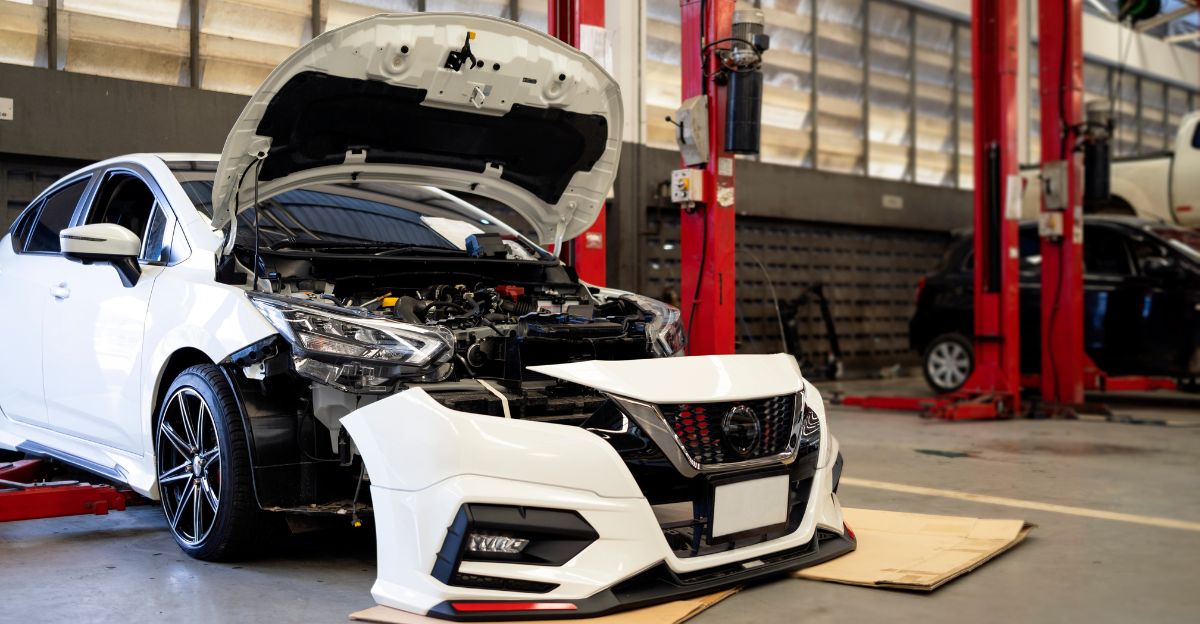
With Marelli in a tough spot, many competitors are stepping in to capture lost market share. U.S. companies like Tesla and Rivian could benefit from the reduced competition while foreign suppliers continue to struggle with similar tariff pressures.
Industry experts are now predicting a wave of consolidation as smaller firms struggle to keep up and larger ones look to expand. This shake-up has the potential to reshape the auto parts sector for years to come, forcing many companies to change their sourcing and production strategies.
The Impact On Everyday Drivers
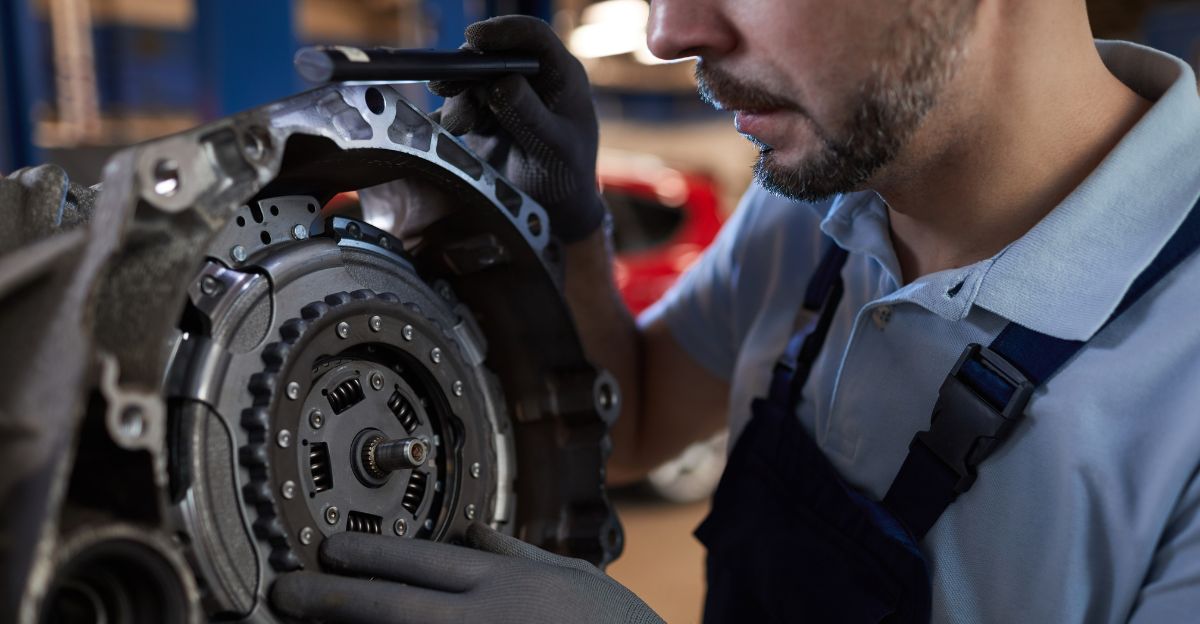
But how does this impact everyday drivers? Marelli’s tough situation could result in higher prices and fewer choices at car dealerships. Tariffs have already led to price increases for cars and replacement parts, and soon, shortages might become a common issue.
Repair shops will also be impacted and could face significant delays, making it harder to keep vehicles on the road. “Consumers are going to feel this in their wallets,” one dealership owner said. This situation could also prompt buyers to hold off on new purchases, further straining the industry.
The Future

Marelli’s bankruptcy filing could be a turning point in the U.S. auto industry. It shows the risks of trade wars and the need for adaptable supply chains. It also shows the importance of contingency plans.
Policymakers and industry leaders are now left with difficult decisions about how to protect jobs, support innovation, and preserve America’s competitive edge in manufacturing. As the auto sector adapts to this shifting landscape, the livelihoods of thousands of workers and the direction of U.S. car production remain uncertain.
Uncover more fascinating moments from history — and hit Follow to keep the stories flowing to your feed!

Don’t miss more incredible stories from the past! Tap Follow at the top of this article to stay updated with the latest historical discoveries. Share your thoughts in the comments — we’d love to hear your perspective!

